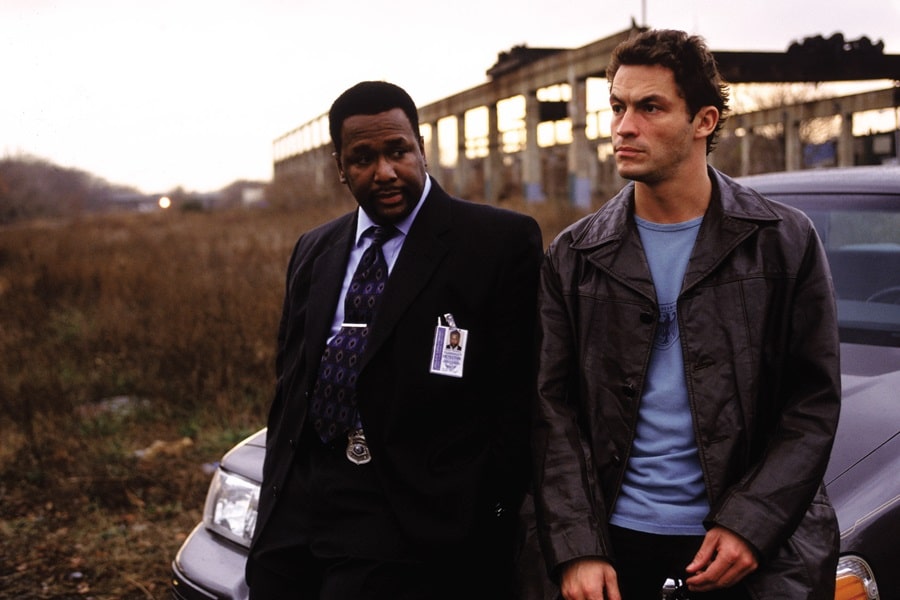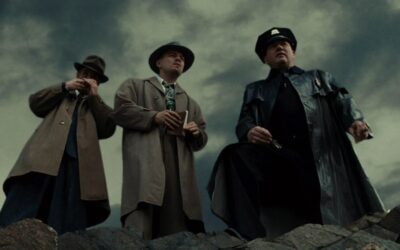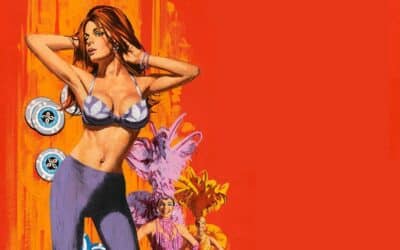
Ethics in Crime Fiction
Crime fiction, a genre steeped in the complexities of human behavior, often serves as a mirror reflecting society’s moral quandaries. It delves into the gray areas of law and order, challenging readers to consider the ethical implications of justice, retribution, and the human condition.
Classic crime fiction has long explored moral ambiguity, with characters and narratives that blur the lines between right and wrong. Arthur Conan Doyle’s Sherlock Holmes operates in a world where the law is not always synonymous with justice. Holmes, with his unorthodox methods and sometimes morally dubious decisions, embodies the tension between upholding the law and achieving a greater good. In Dashiell Hammett’s “The Maltese Falcon,” Sam Spade navigates a world rife with deceit and betrayal, where moral clarity is as elusive as the titular artifact.
The detective’s code often presents a battlefield of personal versus professional ethics. Raymond Chandler’s Philip Marlowe exemplifies this struggle. In “The Big Sleep,” Marlowe’s quest for truth forces him to confront his own ethical boundaries. His loyalty to clients and his own moral compass frequently clash with the corrupt realities of the world he inhabits. This internal conflict is a hallmark of crime fiction, where protagonists must reconcile their personal beliefs with their professional obligations.
Modern crime fiction takes this ethical exploration further, presenting victims and perpetrators in shades of gray. In Tana French’s “In the Woods,” Detective Rob Ryan’s investigation into a child’s murder is overshadowed by his own traumatic past. The lines between victim and perpetrator blur, creating a narrative rich with ethical complexity. The characters’ motivations and actions are not easily categorized, prompting readers to question their own perceptions of justice and morality.
The role of law enforcement in crime fiction often examines the dichotomy between justice and retribution. In “The Wire,” the intricate dance between police, criminals, and the legal system reveals a landscape where the pursuit of justice is often compromised by personal vendettas and systemic failures. The series challenges the notion of a clear moral high ground, depicting a world where the ends frequently justify the means, raising questions about the true nature of justice.
Contemporary crime fiction increasingly incorporates themes of social justice, shining a light on systemic issues and the moral responsibilities of those within the criminal justice system. Attica Locke’s “Bluebird, Bluebird” tackles race and justice in East Texas, where Ranger Darren Mathews must navigate the complexities of racial tensions and legal inequities. The narrative underscores the ethical dilemmas faced by law enforcement officers who operate within flawed systems, highlighting the broader societal implications of their actions.
The ethical landscape of crime fiction is as diverse as the genre itself. From the morally ambiguous detectives of classic noir to the nuanced portrayals of modern law enforcement, crime fiction continually challenges readers to engage with complex moral questions. It forces us to confront uncomfortable truths about the nature of justice, the limits of the law, and the gray areas that define human behavior.
As crime fiction evolves, so too does its exploration of morality. The genre’s enduring appeal lies in its ability to reflect the ethical dilemmas of its time, offering a lens through which we can examine our own values and the society we live in. Through the lens of crime fiction, we are invited to explore the dark corners of human nature, to question the boundaries of right and wrong, and to consider the true cost of justice in an imperfect world.
More Crime Features
Literary Crime
Where Depth Meets Deceit
Criminal Fashion
Iconic Outfits and Styles in Crime Fiction
Hard Case Crime
Celebrating its 20th anniversary



